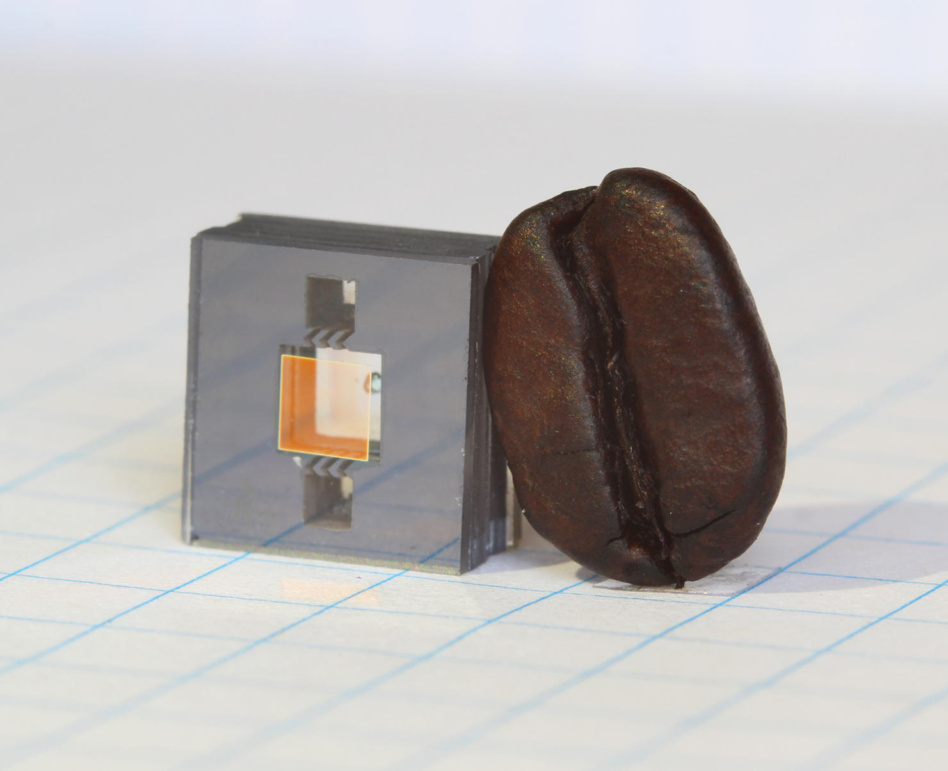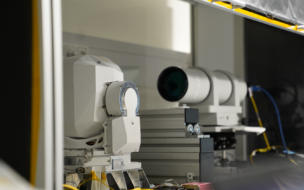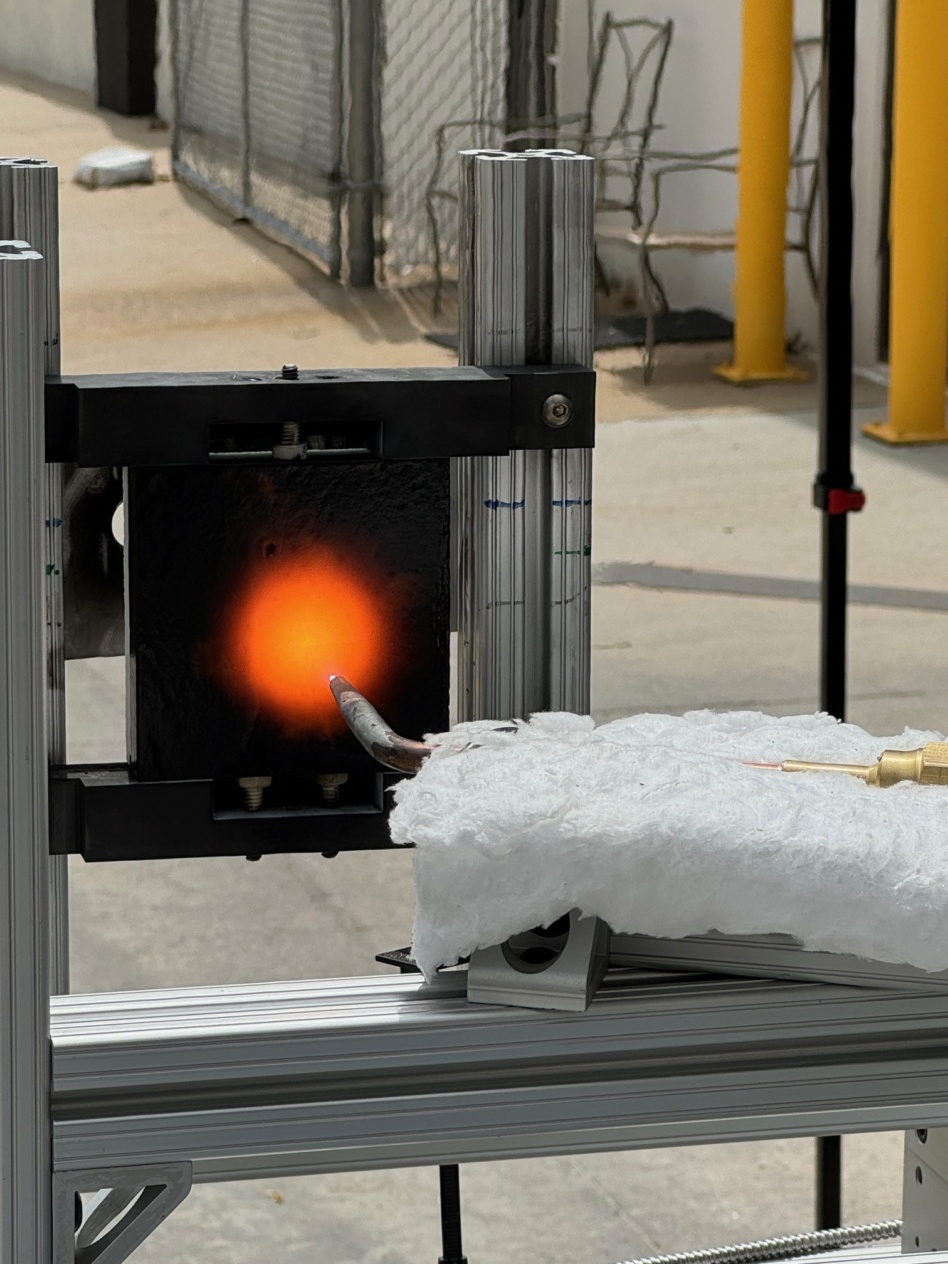Timing is everything: Tasks ranging from stock trading to navigating with Google Maps require precision signals from atomic clocks on satellites. But the aging GPS system and its vulnerability to spoofing and jamming offer an opportunity for improvement.
Mesa Quantum, a Colorado start-up developing a new generation of quantum sensors, wants to seize it by making these high-tech devices mass producible for a fraction of the cost. The company announced a seed round of $3.7M led by J2 Ventures, with participation from SOSV. The Space Force also awarded Mesa a $1.9M SBIR grant on Aug. 15.
Quantumania: Quantum sensors measure activity at the subatomic level. One example is the atomic clock, which tracks the vibrations of atoms at specific energy levels. These can be significant machines—the ones in NASA’s DSN ground stations are the size of a refrigerator.
Most devices, like your phone, use less precise timekeeping that synchronizes with atomic clocks to correct errors, but one that could fit on a circuit board would enable new uses.
“In the 50s, computers used vacuum tubes; eventually those were replaced with silicon chips; this is kind of the atomic clock equivalent of that,” Jon Bronson, a managing partner at J2, said. “Literally everything we put into space will eventually have one of these things.”
Pump up the volume: Sristy Agrawal, Mesa Quantum’s CEO and co-founder, realized as a graduate student that vapor cells—enclosed chambers of gas that can be manipulated and measured to make small-scale quantum technology—were essentially made by hand.
She and her co-founder, CTO Wale Lawal, are pushing to drive down the cost by making these components manufacturable at high volume. They expect their first prototype to be ready in 2026, with plans to market them to a variety of customers in need of precise timing where GPS can’t go—in space, underwater, and in conflict zones—but also in data centers that need highly accurate timekeeping.
“We expect our devices to be significantly cheaper than what is available out in the market; 3-4x cheaper is the target for us,” Agrawal says. She also expects the company’s atomic clock to be ten times smaller than existing products. “Our company is innovative, but it is not creating something that has never been done before; it is about ensuring that quantum meets the market.”





